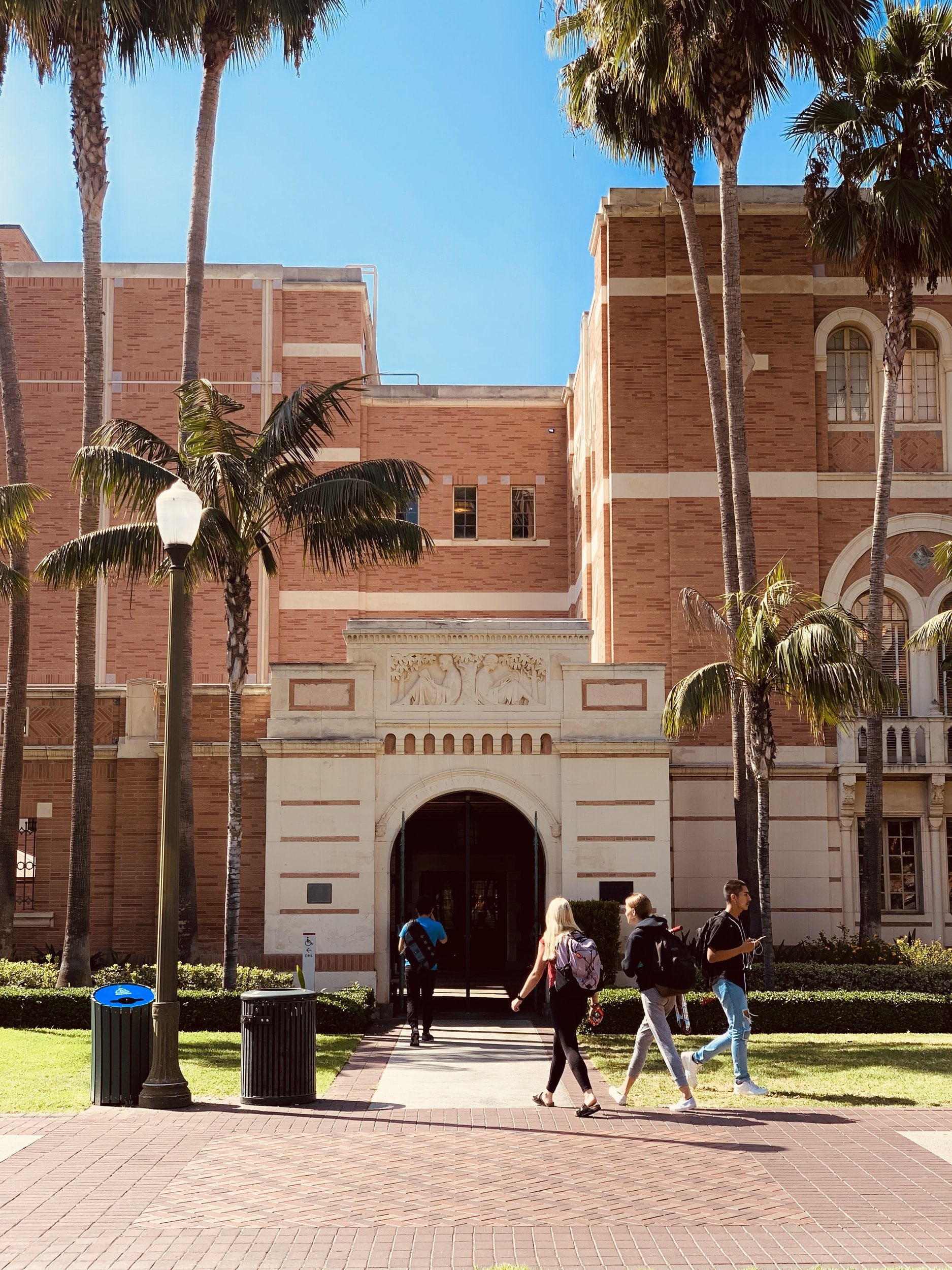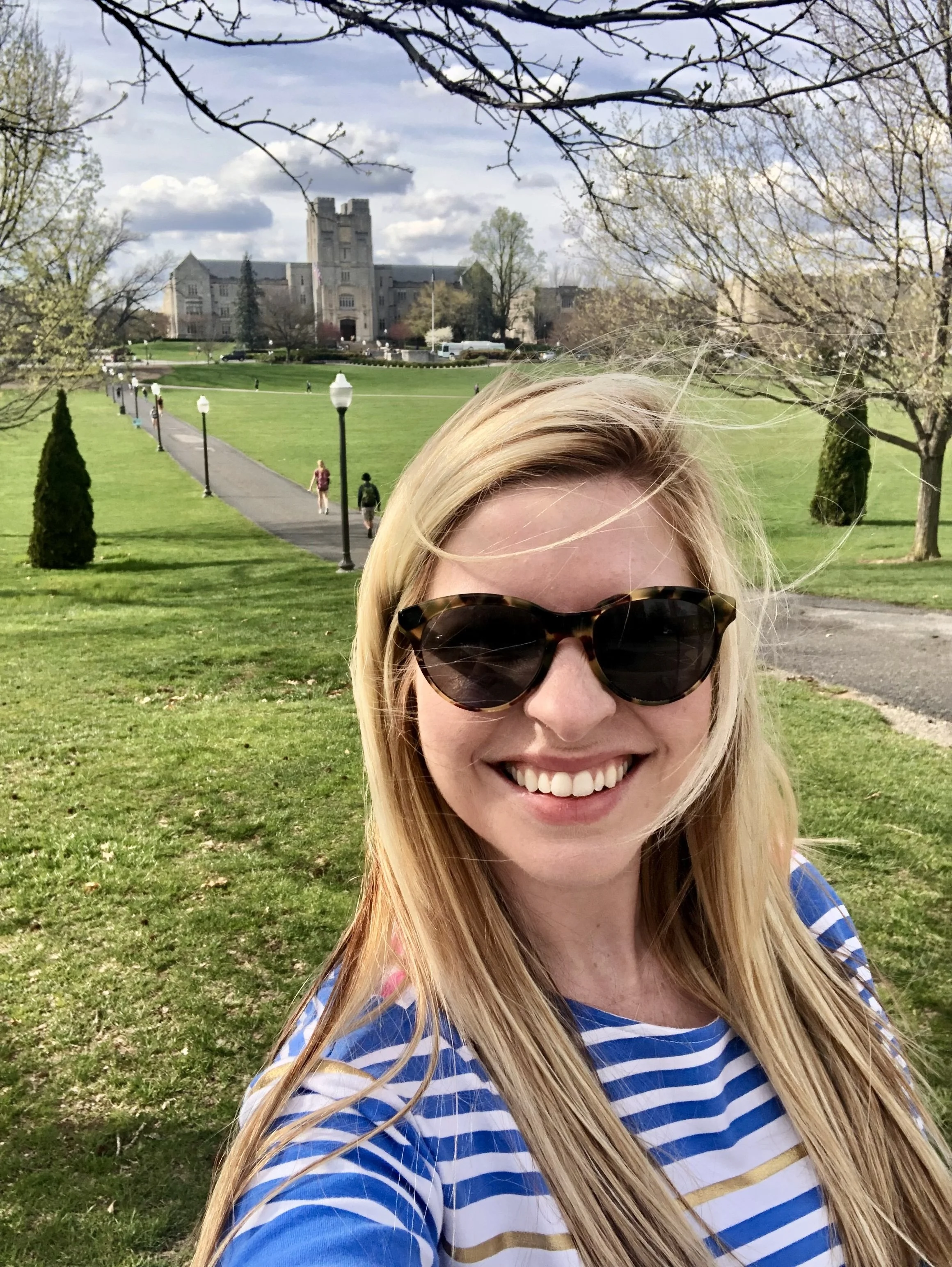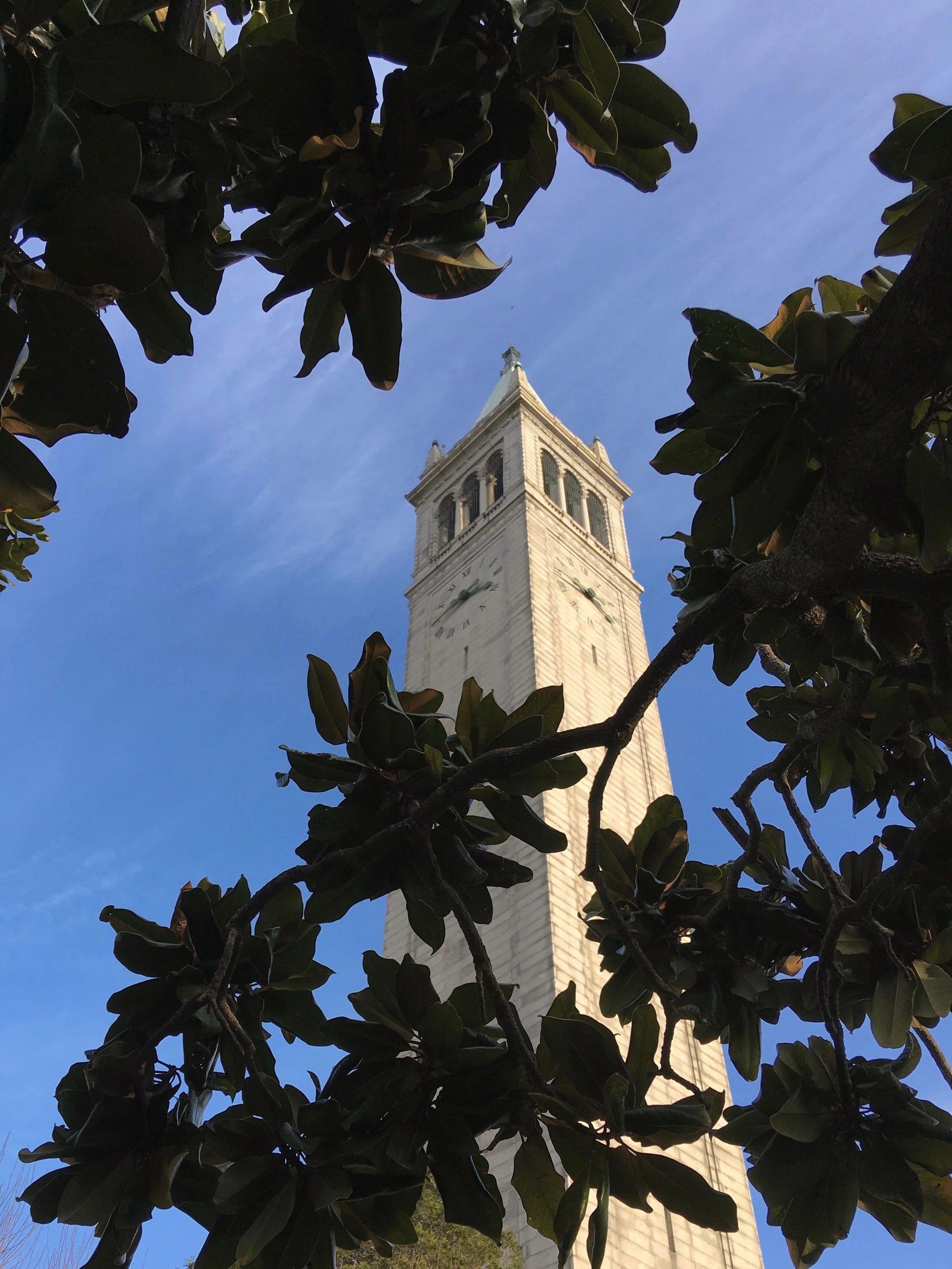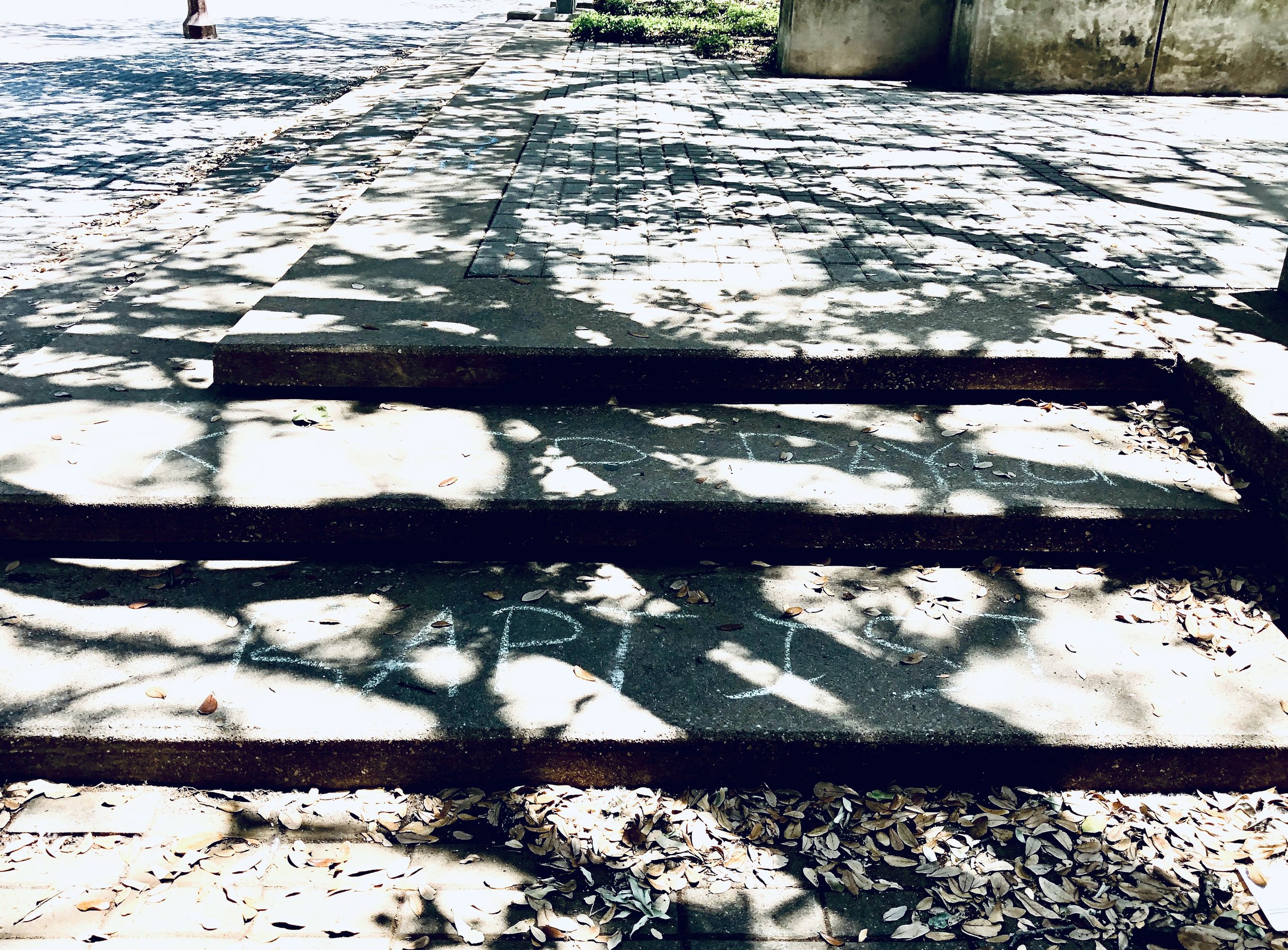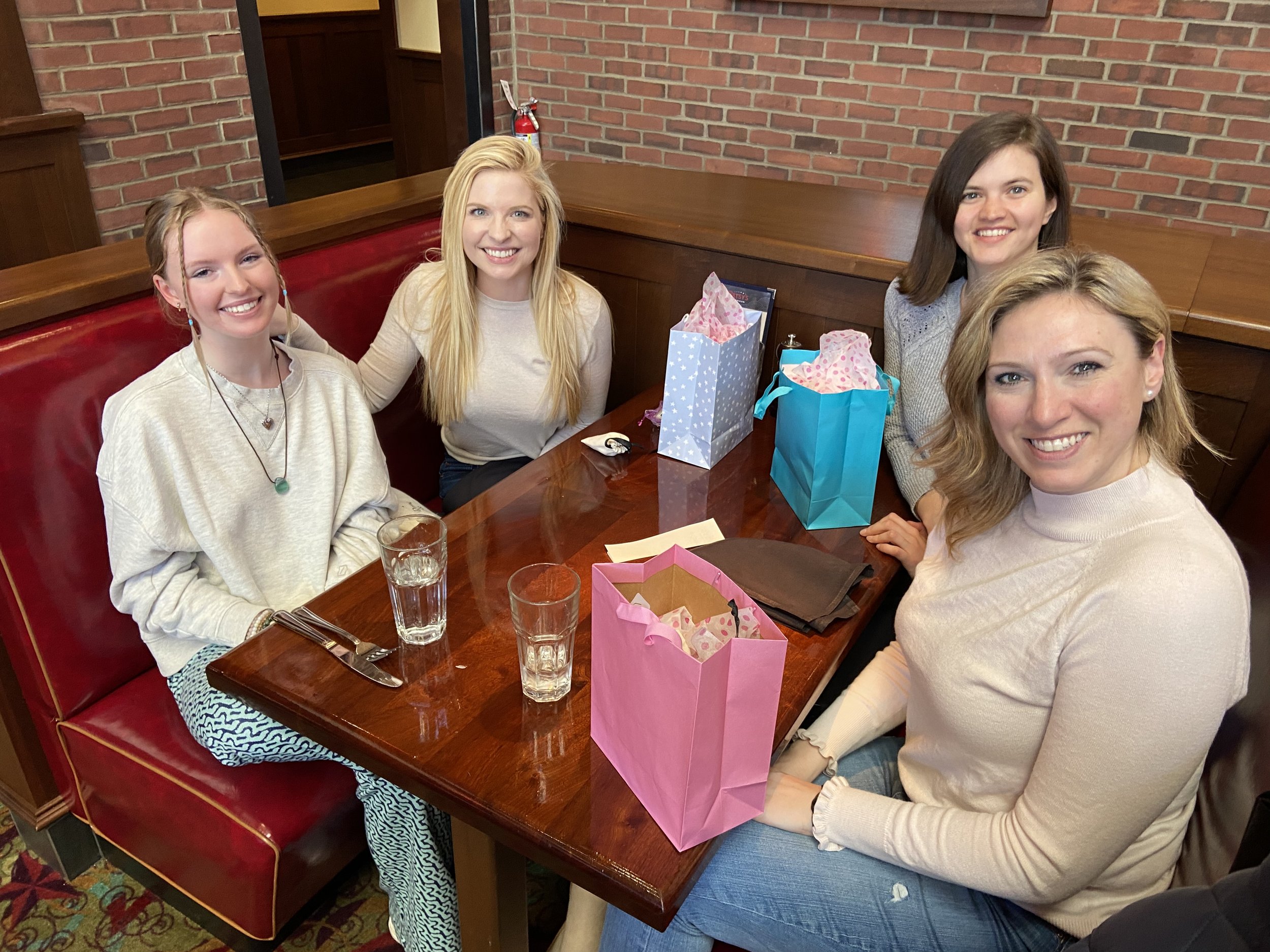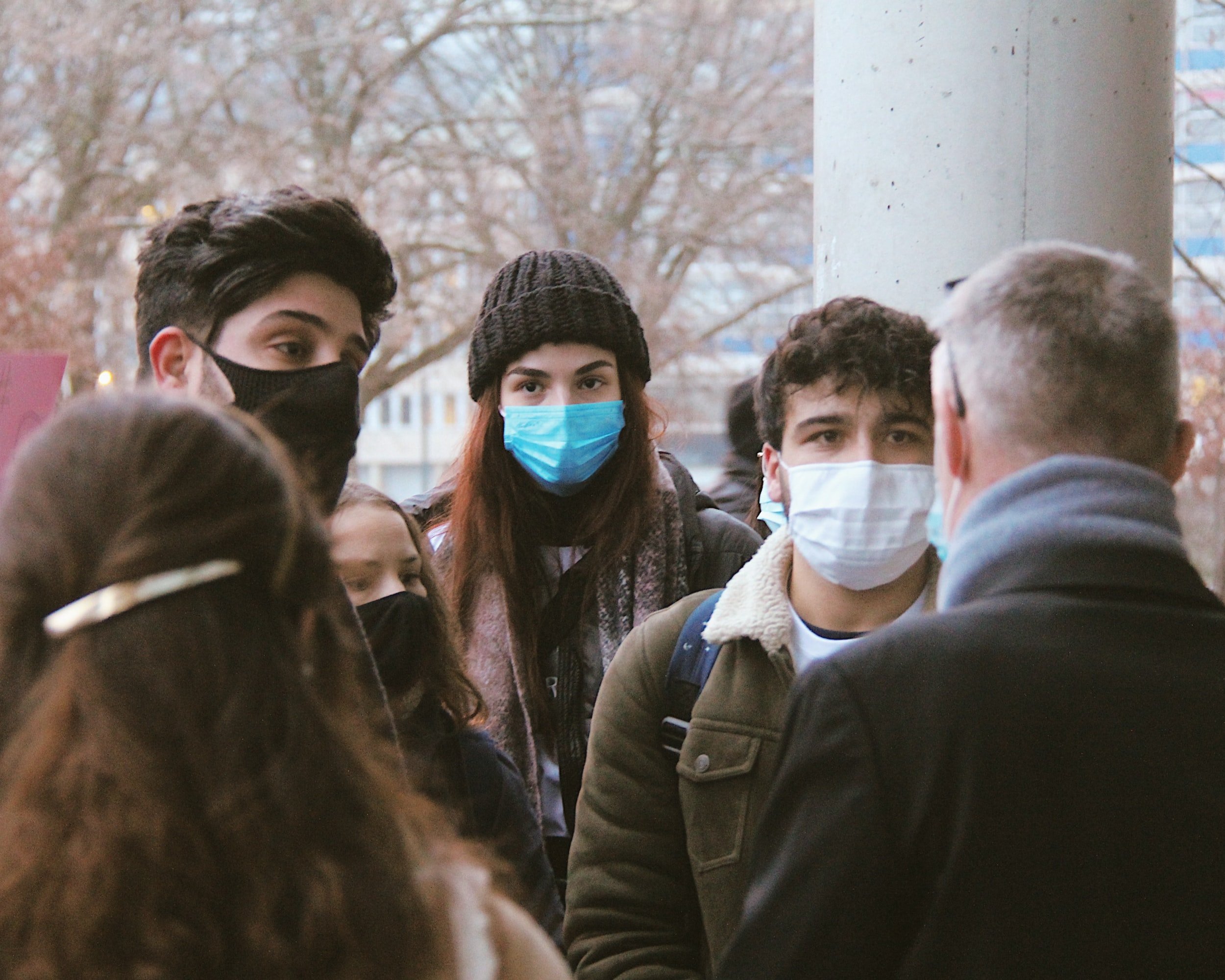“Welcome to the Class of 2026!”
And just like that, the long college admissions process has come to an end, right? Well, not quite - there are still some decisions to navigate and tasks to complete! So after you’ve finished celebrating and basking in the glow of your excitement, follow these steps to ensure you put your best foot forward into your future:
Weigh your options–carefully!
As thrilling as it may be to receive your acceptance notifications, don’t let the adrenaline get the best of you. There are a number of factors that can influence a final decision, so slow down and take your time weighing your options (unless, of course, you’ve applied early decision and are bound to attend one particular school). Some students even find it helpful to create a spreadsheet to keep information organized. We especially encourage you to:
Look carefully at your offer letter and take note of any conditional acceptance details. Some schools may accept you BUT with adjustments to your start date, intended major, etc. If you need help making sense of a conditional acceptance, read last week’s blog where we explain the most popular conditional programs and offer our expert opinion on each.
Conduct more research using online resources, your college counseling office, etc.
Go over finances with your family, especially if you have financial aid and/or scholarship packages. Don’t forget to compare the different types of aid offered - grants are different from loans!
Visit or revisit the school to experience what life is like on campus.
Talk with current students who can share their experiences and provide you with details and insights that you can’t get anywhere else.
Attend an admitted student day event. This is a fantastic opportunity to get a preview of your potential classmates, professors, and new home.
While we certainly want you to consider the practical elements, we also want you to relax and reflect on the bigger picture. Where can you see yourself living and thriving? Which environment feels ‘right’ to you? These answers may not appear on a comparison chart or spreadsheet, but they can guide you toward your final decision.
Formally accept an offer
Once you choose a school, you’ll need to make it official! Be sure to follow your school’s specific instructions for submitting your deposit and providing any documents needed to secure your spot in the incoming class.
The deadline for the majority of schools across the US is May 1- also known as National College Decision Day. As we mentioned in our previous post, some schools now offer incentives to those who deposit early, such as advanced access to course registration or priority housing. So if you know where you want to go, it may be to your benefit to send in the deposit now. It’s also important to note that you can typically request an extension to the decision deadline BUT ONLY IF you have a legitimate reason.
Decline your other offers
We get it. You may be so overcome with eagerness and relief about making your college decision that you forget other schools have admitted you–and they’re awaiting your reply! As soon as you make your selection, decline your other offers. Not only is this the polite thing to do, but it also helps the school rescue eager applicants from the waitlist.
You can typically decline your offer by following a link or set of explicit instructions in your acceptance notification. Alternatively, log into the school’s portal, where you’re likely to find a decline option. In most cases, it’s as easy as the click of a button.
If you can’t seem to find a decline option, send a message to the admissions office through their main email address (which will be listed on the school’s website). The email can be short and sweet. There’s no need to write a novel explaining your decision. In fact, here’s a general template you can use.
To Whom It May Concern:
My name is X, and I recently received your offer of admission. I am very grateful for the time you invested in my application, but after carefully considering my options, I have decided not to enroll.
Insert a few sentences about how much you liked the school and mention any specific staff members that were particularly helping during the process (ex. an admissions counselor, a professor who may have interviewed you, etc.)
Kind regards,
X
Contact your recommenders
This is the fun part! Reach out to anyone who wrote you a letter of recommendation and share the good news. They will be eager to offer you congratulations! Not to mention, this is the perfect opportunity to thank them for their time and support.
Stay motivated
Okay, let’s point out the obvious– senior year isn’t over just because you submitted a deposit. And you can’t actually attend your selected college or university UNLESS you receive your high school diploma. As tempting as it may be to ‘slack off’ after receiving your acceptance letters and submitting a deposit, don’t! Go to class, keep your grades up, and stay motivated. It’s not a good look to drop courses or let your G.P.A. plummet in the final weeks of the school year. Plus, we don’t want anyone to become a cautionary tale!
Keep up with college communications
Don’t want to miss out on information about orientation and course registration for your first year of college? Well, then you better check your email! Once you pay the deposit, your selected school will start sending you important communications about everything from setting up your student account to requesting a roommate. Make sure you thoroughly read these communications and complete your action items by the deadlines! No reminders from Donna anymore :)
You also might consider following your school on social media platforms to keep up with the latest news and information. Just be sure that your social media account is private AND appropriate before you connect. You don’t want to give off the wrong impression.
Stay tuned!
In part 2 of our series, we’ll share what to do when you’ve been waitlisted.





